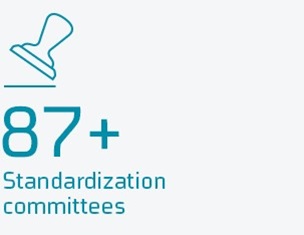The significance of standards
Through standardisation work, we help create sensible frameworks for products and services worldwide and ensures the competitiveness of Danish businesses.
Standards specify requirements and methods
When you sell products or services in a global world, you have to take standards into consideration. Standards can ouline the requirements for a product's performance, define technical terms in a given area, ensure that quality management systems are appropriate, or prescribe methods for testing of fx. a products' durability or environmental footprint.
Simplifies import and export of goods
Standardisation creates a common terminology, and ensures that tests, measurements and services are performed and interpreted in the same way across national borders. This way you, as a manufacturer, do not have to carry out the same test 10 times in order to be able to sell your products in 10 different countries. And as a customer, you can be sure that the product you receive meets the applicable requirements, even if it is produced in another country.
The business community benefits from the standardisation work
FORCE Technology actively participates in a large number of committees, commissions and working groups within standardisation, both nationally and internationally. Through this work, we influence the development of new requirements and measurement methods for a wide range of subject areas and help to ensure the interests and competitiveness of Danish companies.
Every year we are in contact with thousands of companies, getting their views on the standards. We use this knowledge in our standardisation work to influence, write, and interpret new standards.
We share up-to-date knowledge of standards
Our specialists participate in professional networks, where the latest within standards is presented and discussed. It is important to us that this knowledge and experience gets out to and benefits a broad range of businesses. That is why we regularly hold webinars, courses, peer groups, write professional articles, and send out newsletters, so that you can stay up to date with the latest developments in standardisation in your area of interest.
Articles and cases about standardisation

UbiqiSense
/Case
Standards collaboration systematises security.
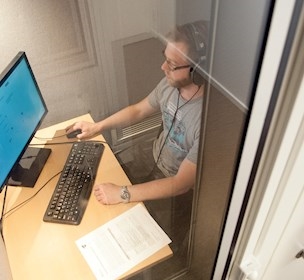
Bluetooth SIG
/Case
Impartiality makes all the difference to the standardisation organisation Bluetooth SIG.

R Dons Laboratory tests water quality
/Case
Standards ensure that trustworthy water analyses are conducted by water test laboratories.

Standards for road markings ensure safe driving
/Case
Geveko Markings use standards to ensure their road markings are highly visible for motorists.

How to prepare for a safe working environment
/Case
Participants from Caljan and Vestas gained practical knowledge about work environment management.

Standardisation and VELUX
/Case
Standards ensure VELUX’s international market access.

Knowledge about odour standards at DAKA
/Case
Keeping pace with the legislation on odour measurements helps DAKA assert compliance with the limits

Knowledge of standards future-proofs medical devices
/Case
XO CARE uses knowledge about standards actively to future-proof their dental products.
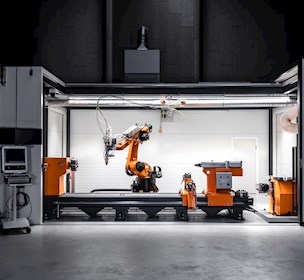
3D printing technology needs new standards
/Article
How is the quality for standards of new modes of production, such as 3D printing and AM assured?

LB Altimeters saves time in product development
/Case
Focus on standards ensures that product documentation lives up to high customer requirements.
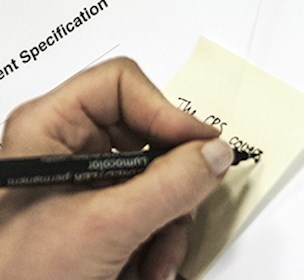
Uniform handling
/Article
How do the notified bodies work to ensure a uniform handling of product documentation?
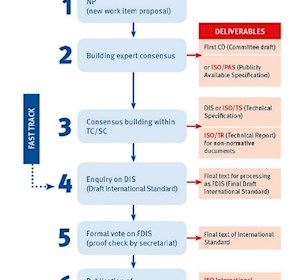
The life cycle of standards
/Article
In general, a systematic review of each individual standard is made every five years.
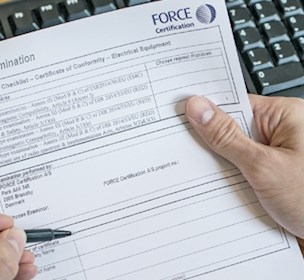
Mismatch between product and a harmonised standard?
/Article
How do the notified bodies ensure a uniform handling of product documentation?
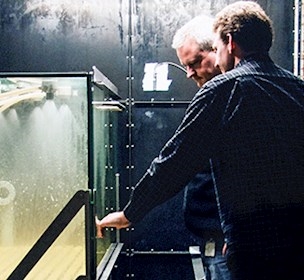
Standards - a well of useful information
/Article
FORCE Technology is participating in standardisation in DS/S-604

